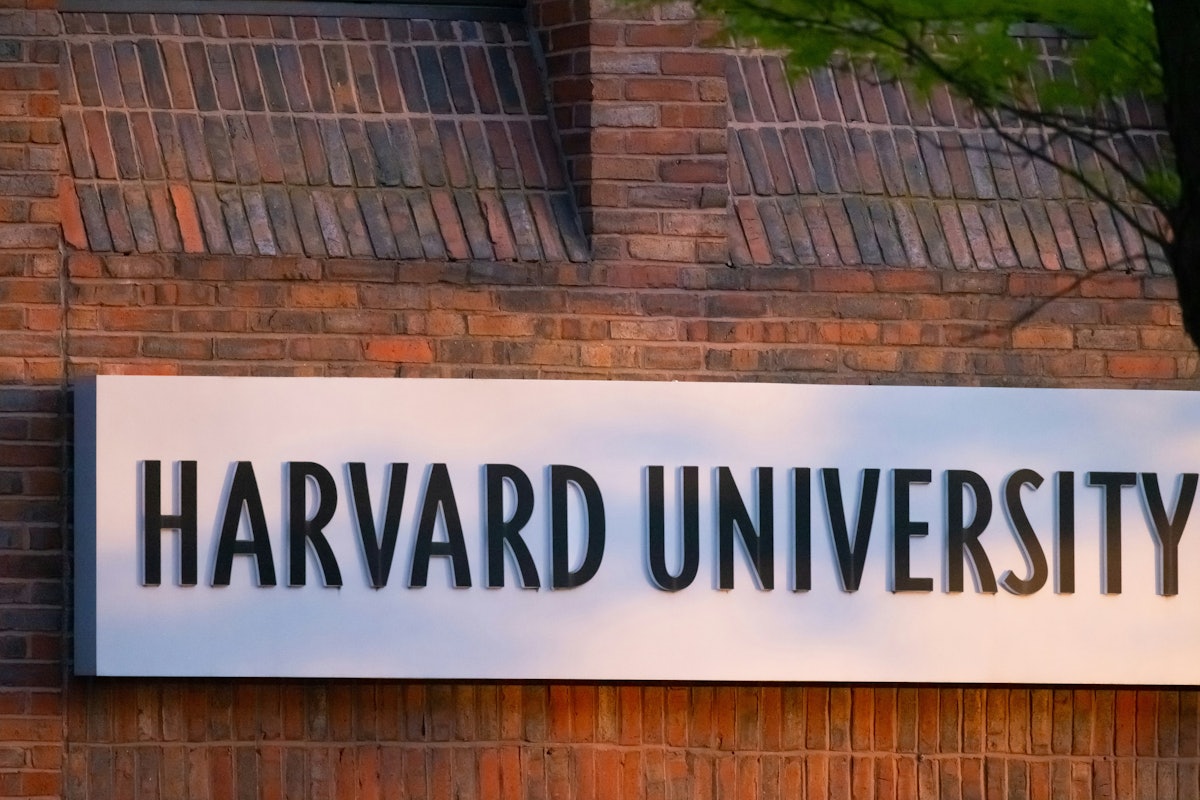Harvard Medical School’s decision to rename its Diversity, Inclusion and Community Partnership office has sparked significant reaction from students and observers, marking Harvard’s latest move to reshape its diversity infrastructure amid shifting political pressures.
The medical school will now call the unit the Office for Culture and Community Engagement, according to a letter from Dr. George Daley, dean of Harvard Medical School. The announcement comes as Harvard continues to navigate criticism over its earlier decision to rename its main “Office for Equity, Diversity, Inclusion & Belonging” to “Community and Campus Life” — a move that drew considerable backlash when the university also eliminated funding and support for affinity graduations.
“I hope it is abundantly clear that while we continue to adapt to the ever-evolving national landscape, Harvard Medical School’s longstanding commitment to culture and community will never waver,” Daley wrote in his letter to the medical school community.
The renamed office will emphasize “opportunity and access” along with “collaboration and community-building,” according to Daley’s announcement. Additionally, the Office of Recruitment and Multicultural Affairs will be absorbed into the Office of Student Affairs as part of the restructuring.
Harvard’s moves come as the Trump administration has intensified pressure on higher education institutions over diversity, equity and inclusion programming. An executive order signed by President Trump characterizes many DEI programs as “unlawfully discriminatory practices” and threatens to revoke accreditation from colleges and universities that maintain such initiatives.
The timing has also created tension for Harvard, which became the first major institution to legally challenge the Trump administration when it filed a lawsuit in response to federal threats to withdraw billions in funding. However, the DEI office renaming has been viewed by some as contradictory to that stance of resistance.
“It’s signaling that if they’re willing to capitulate on some demands, then they’re likely to capitulate in the future. This kind of sends confused, mixed signals to students,” Harvard junior and LGBTQ student Eli Johnson said about the university’s broader DEI changes.
Harvard Medical School’s decision follows similar moves by other prominent institutions. Dr. Sally Kornbluth, MIT’s president, announced plans in late May to “sunset” the university’s Institute Community and Equity Office and eliminate its vice president for equity and inclusion position, though core programs will continue under other offices. Northeastern University has also renamed its diversity office.
As part of the medical school’s transition, Daley announced the creation of a committee to “review and recommend updates” to the “principles and statements that guide our community and our values.”
A Harvard spokesperson declined to provide additional comment on the medical school’s decision or the broader reaction it has generated.
The developments highlight the challenging position many higher education institutions find themselves in as they attempt to balance longstanding commitments to diversity and inclusion with mounting political and potential financial pressures from the federal government.


